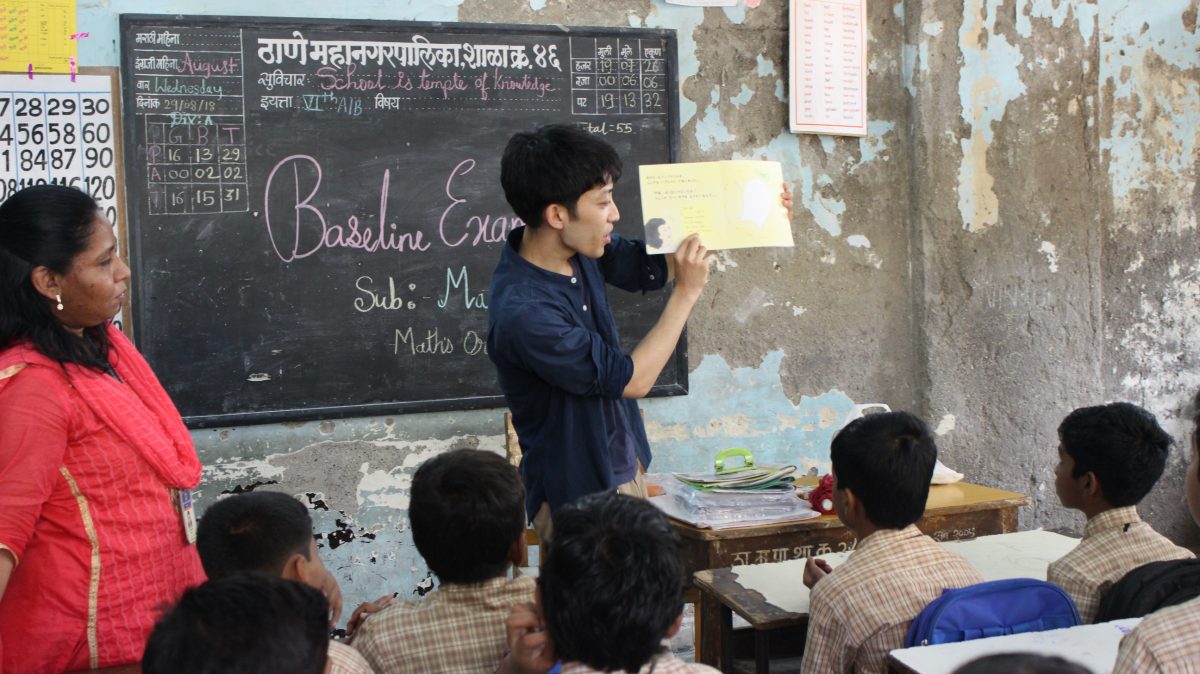ReportsActivity Report 2019 : Social Innovation Department2019.3.31

The Social Innovation Department has established four pillars of focus – educational, research, production, and social collaboration. Activities are organized under these pillars to promote the solving of global social issues through design thinking.
For education, we have newly established the “SDGs Design School”. Activities are targeting from elementary school students to working adults, focusing on designing solutions to achieve Sustainable Development Goals (SDGs) set by the United Nation. For research, the university teachers and students are researching on landscape design solutions based on field surveys to restore the land after the aftermath of the natural disasters in Kyushu. For production, we collaborated with Kyushu University Graduate School of Agriculture to create prototypes under the theme “No More Plastics”. We are exploring new natural materials and forms made from the nanocellulose of bamboo for clothing. Also, we worked with Kao Corporation under industry-academia collaboration and proposed a total of 8 works and new services to achieve the SDGs. For social collaboration, in addition to the “SDGs Design Forum in Kyushu”, we have also established the “Kyushu SDGs Design Network” and the “Kyushu Design Conference” to discuss the SDGs business model. We also want to promote collaboration with overseas universities and international organizations. We hosted and organized the “Global Goals Jam” workshop in cooperation with the United Nations Development Program (UNDP) and the Media Lab Amsterdam and a collaborative class on “Redesign of Society” with Aalto University in Finland.
This department has been organising “SDGs Design International Award” since FY2019. We want to invite students from all over the world to come up with innovative design and ideas to achieve the SDGs, and to commend the excellent works of these young people who will lead the next generation. We want to provide an opportunity for these young people to realize that they can contribute to the resolution of social issues through the power of design.
